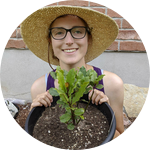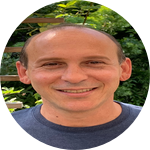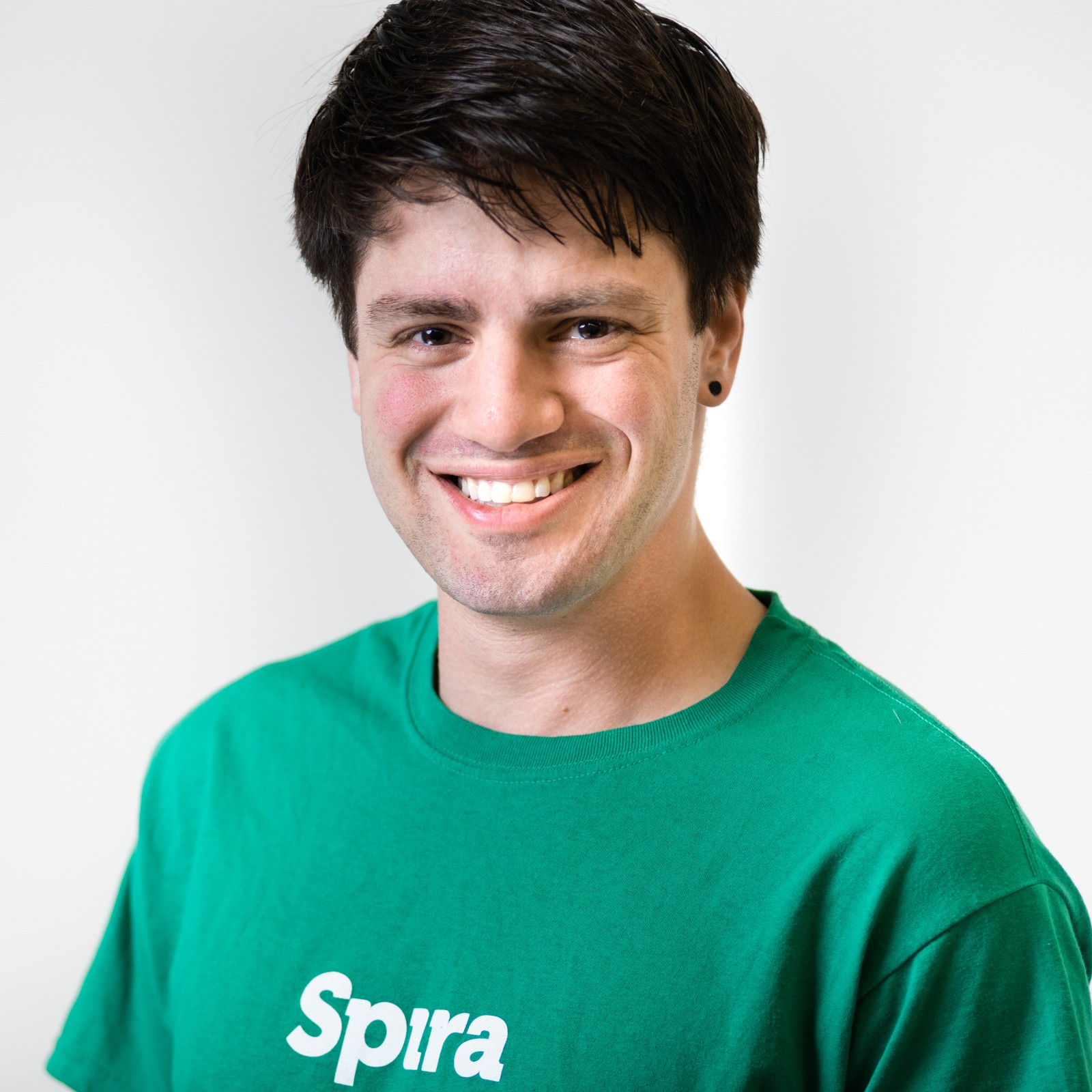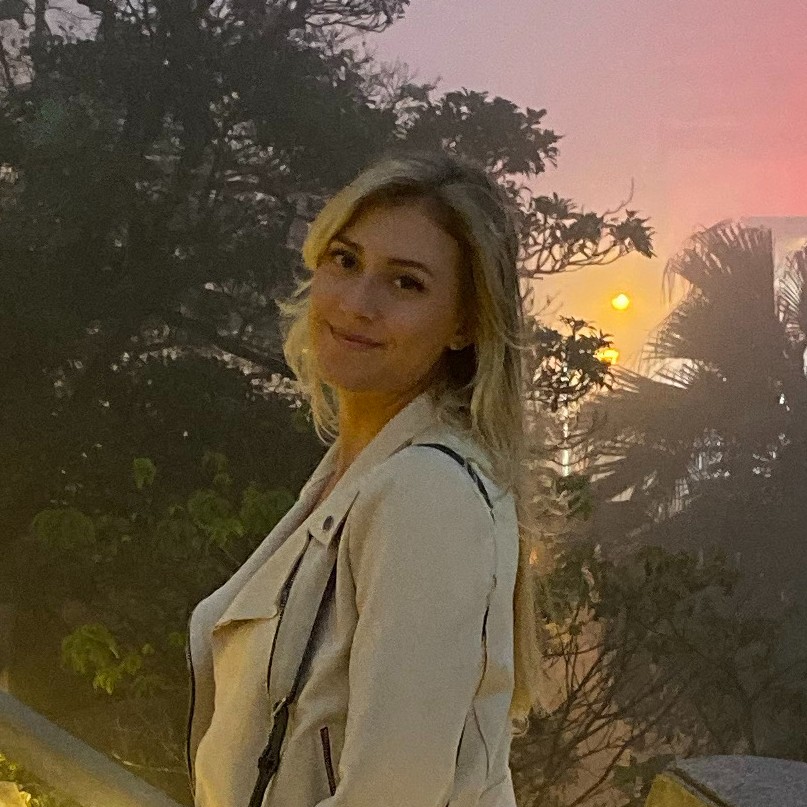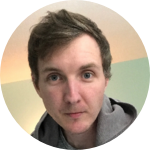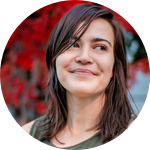About This Project
We are a community biology group that believes there are three fundamental bottlenecks to community biology: knowledge, tools and access to space for experimentation. Our goal as a community is to build a physical location in San Francisco which acts as a hub for all of these critical resources. We’re starting out teaching MIT’s HTGAA and are hoping to continue to network, teach and share resources as we make our way towards a physical lab where we can practice these values.
Ask the Scientists
Join The DiscussionWhat is the context of this research?
Experimental science is inaccessible with barriers put in place that require the need for academic credentials, expensive equipment, and specialized space. This prevents trust in science, leads to a replication crisis, and creates boundaries to innovation. To catalyze change, open and accessible communities need to be created that break down these barriers. Our group has collected equipment and are now aiming to teach classes like HTGAA to raise funding for a space for community biology. Aligning with MIT’s course and joining their network for synthetic biology is a way to connect with world class experts and provide educational resources for those looking to become DNA literate.
What is the significance of this project?
The importance of our community biology lab centers on creating literacy around biological concepts required for developing future technologies at the heart of healthcare, climate and manufacturing. Lofty goals, like enabling a future bioeconomy, require robust building blocks. The current ubiquity of software companies comes only after 15 years since 50% of households had access to computers within which to experiment, build and prototype. Bringing this type of technical momentum into biology, requires adapted mechanisms to experiment, think and explore. This type of optimization and scale requires emergent ecosystems of collaborative communities oriented around purposeful exploration.
What are the goals of the project?
We believe we can increase the number of people who see biology as a cutting edge and essential technology of the future. We can measure this by determining a conversion ratio of folks who take our starter HTGAA class and then decide to either get involved in our organoid community project, or to get a membership and start a project of their own. If the main constraints of scientific discovery are appropriately outfitted spaces and core knowledge, our lab should tangibly increase in the number of folks who create biological projects, companies or research on their own.
Budget
A location rental is our most immediate upfront cost at $2000 to teach HTGAA. This is a classroom space costing $100 per person (for a class size of 15 people) with additional periodic rental costs being $500 per month at minimum. The initial course covers basic synthetic biology skills. To run these processes requires consumables at the cost of $3000 and donated equipment like gel stain, gloves, tips, centrifuges, a PCR and heat block at a discounted cost of $500. Our equipment also has an associated $150 per month storage fee for 3 months along with $50 in transportation costs for a total of $500 in operating cost. We’ve also included $1300 in experiment.com fees. Lastly, long term lab spaces in our area charge $1750+ per lab bench per month. This means, as we build our community, finding a more permanent location becomes critical. The budget includes future plans for a permanent lab space at a cost significantly lower than what is available to the general public.
Endorsed by
 Project Timeline
Project Timeline
The project timeline dovetails with the current term of the HTGAA course, and expands to recruit members and future potential students with research projects.
We've built the timeline to generate the rent required for a space in the city. We’re focusing on formal teaching for the next few months, and then leaning back on events and workshops later this summer.
May 14, 2024
Laboratory basics + Gel Electrophoresis
May 16, 2024
Gel Art + DNA Design
May 21, 2024
Measurement + Imaging
May 21, 2024
Project Launched
May 23, 2024
Laboratory Automation
Meet the Team
Team Bio
Cellsius came together as a group of individuals seeking a true community bio laboratory for project-based learning, events and classes as well as an opportunity to make change in the San Francisco area. The members of the lab range in experience from synthetic biology to robotics to organic chemistry, neurology, tissue engineering, DNA sequencing and more. We're deeply excited to build an open and accessible community for experimentation and discovery.
Elliot Roth
Elliot is the former head of strategic partnerships and venture portfolio in the agriculture group at Deep Science Ventures, and former founder of Spira, a company that creates carbon-negative materials from engineered algae grown by a global network of farms.
Previously Elliot helped establish IndieLab RVA, a community lab in Richmond, Virginia, and led a coalition of 5 community labs sharing knowledge and expertise in Virginia. He worked as a consultant with Betabox Labs establishing educational programming in a mobile makerspace, and built out the CrabLab in Los Angeles, a community laboratory in a shipping container as well as the Biopunk Society and Cellsius in San Francisco.
He is a Future Founders and Halcyon Fellow, holds a degree in biomedical engineering; previously started 7 companies, 2 nonprofits, studied synthetic biology for 12 years and worked for 5 years as a product consultant. He is incredibly motivated to solve physiological needs using simple biological design and enabling access to the tools of biotechnology. In his spare time he plays music, and participates in space analog missions while residing in San Francisco.
Jesse Schmidt
Jesse is a researcher with a neuroscience background now focused on applied AI and brain organoids. She received her BSc in Behavioral & Cognitive Neuroscience and Master of International Business from the University of Florida, researching addiction basic neurobiology and psychopharmacology in stimulants and psychedelic therapeutics before venturing into fine-tuning AI for applications in mental health and therapy startups. She is currently working on AI voice wearables for neurophenomenology research while also conducting research in mushroom tryptamine biochemistry. She's particularly interested in the future of bioengineering and applying AI and knowledge graphing to bridge insights between scientific fields to apply testable hypotheses to organoids. She is always open to new challenges and ideas and does a lot of traveling in her spare time (60+ countries), bringing a global perspective to enrich her work.
Ryan Berg
Ryan previously worked at Caterpillar servicing mining, oil, constuction along with several government contracts for waste collection and military refurbishments covering Washington, Alaska and parts of Montana and Idaho. He then moved into medicine at 23andMe Therapeutics managing laboratory operations for immuno-oncology, protein / antibody engineering and functional genomics. He now works at Ultragenyx in rare disease medicine and is looking to enable informal and project based learning through community based biology labs.
Kelsey Pool
Kelsey is a robotics engineer specializing in cell and gene therapy. With a MS/BS degree in Mechanical Engineering and a minor in Biomedical Engineering from the University of Colorado, Boulder, she applies her expertise in robotics, optics, and hardware engineering to enhance biomedical systems. Currently, Kelsey works at Multiply Labs, where she designs large-scale instrumentation systems for robotic automation, focusing on creating advanced cell and gene therapies. Previously, she developed blood processing devices and minimally invasive surgical tools at companies like Terumo and Bolder Surgical.
Outside of work, Kelsey is interested in using the Engineering skillset to give back to the broader community. She helped start Cellsius and currently leads Bright Block, a project aimed at enhancing safe bike lane infrastructure in San Francisco.
Additional Information
Thank you for considering this request to open up access to student’s participation in our community biospace.
Project Backers
- 20Backers
- 106%Funded
- $12,025Total Donations
- $601.25Average Donation
